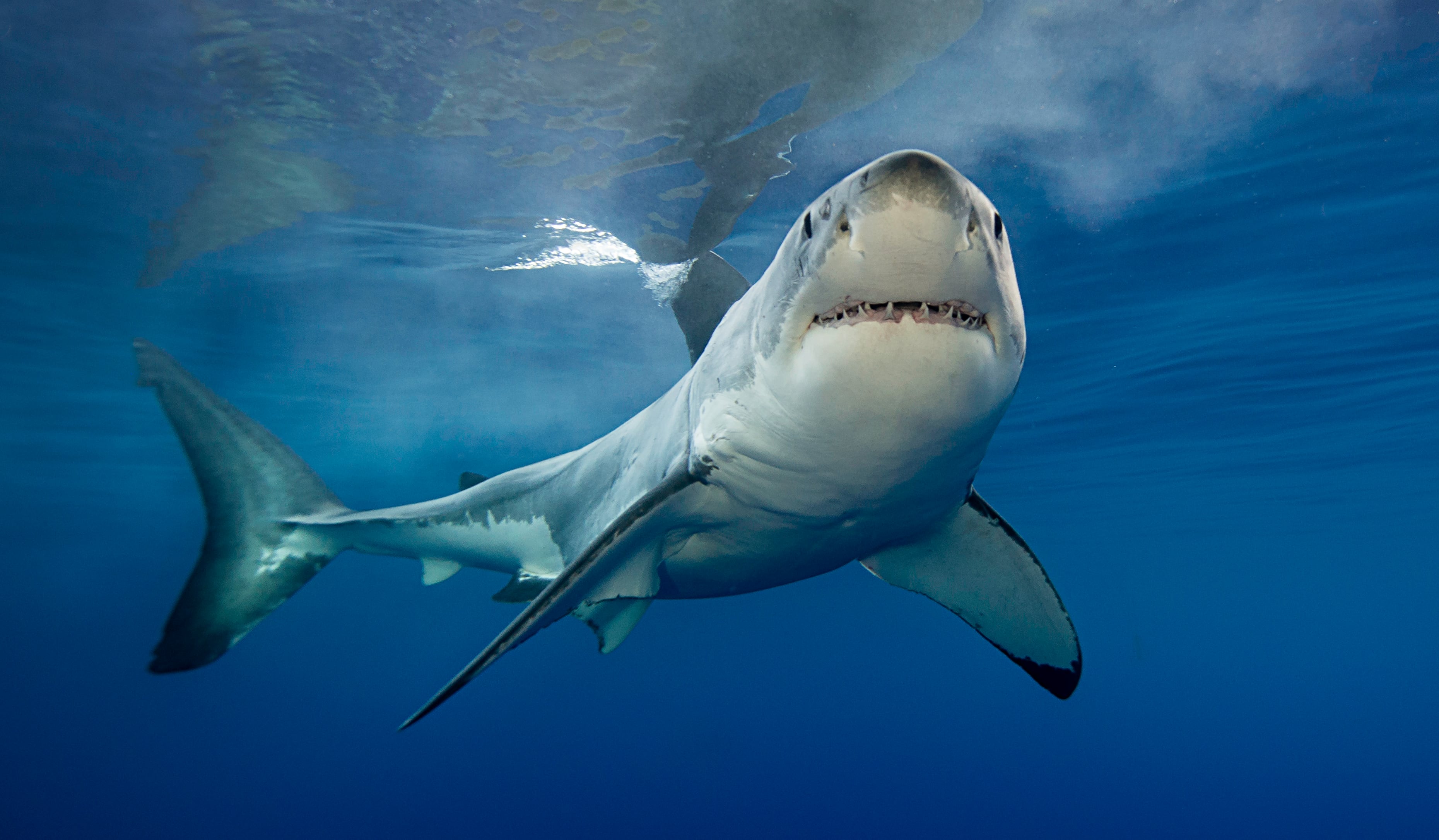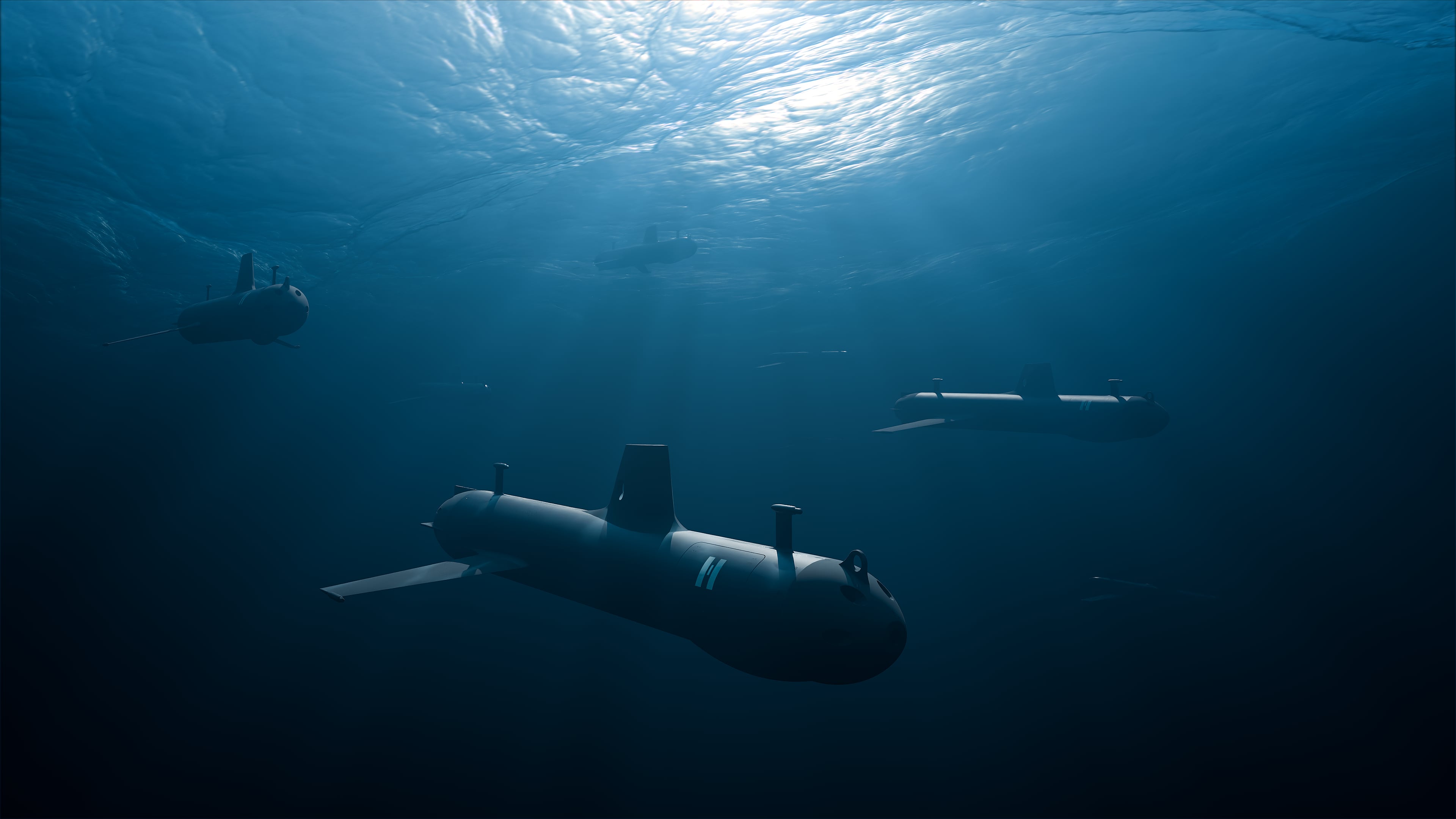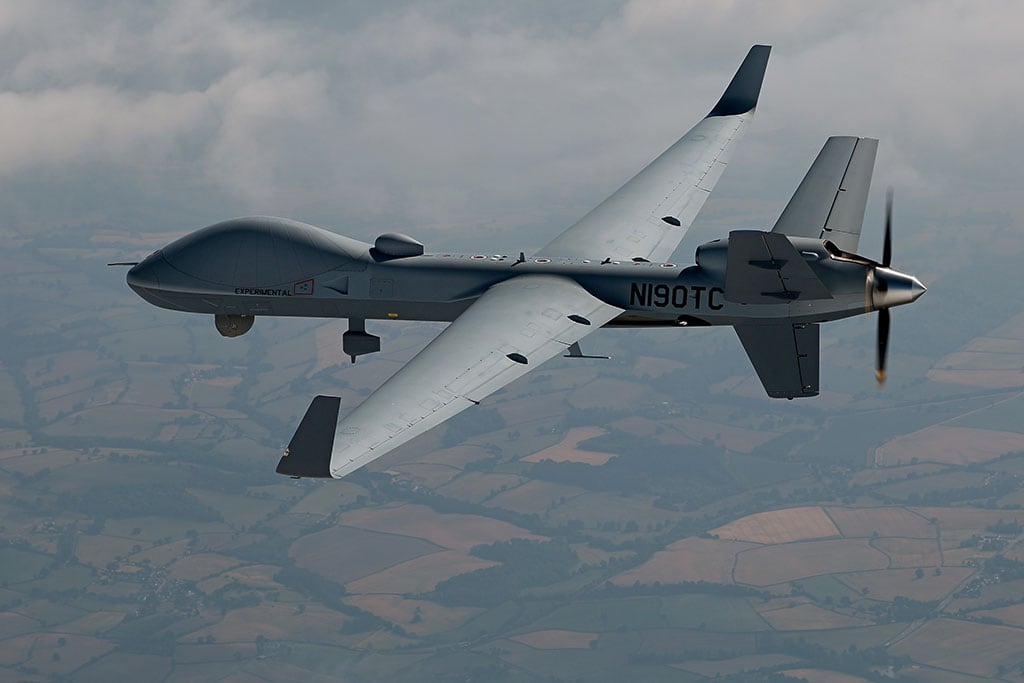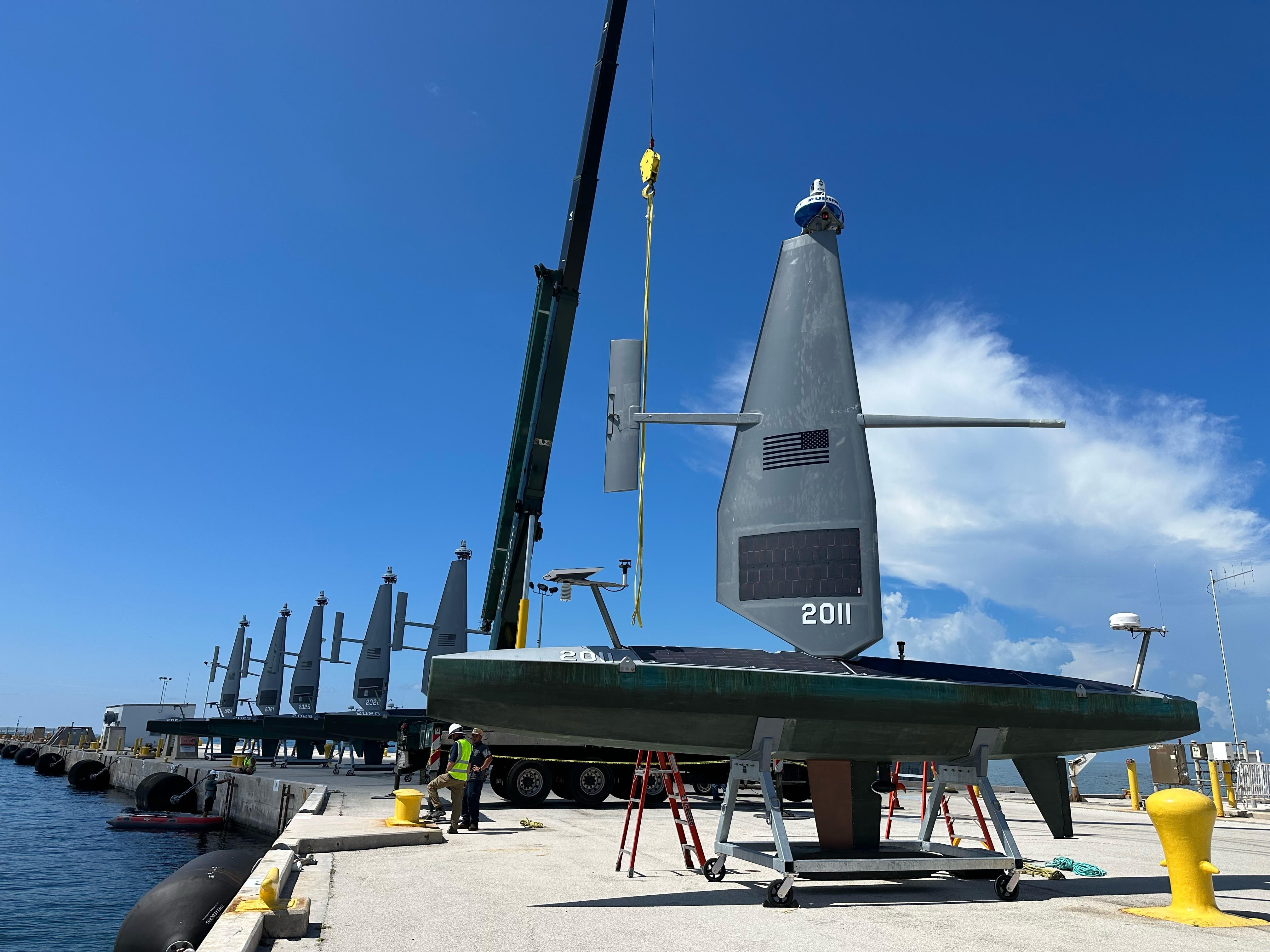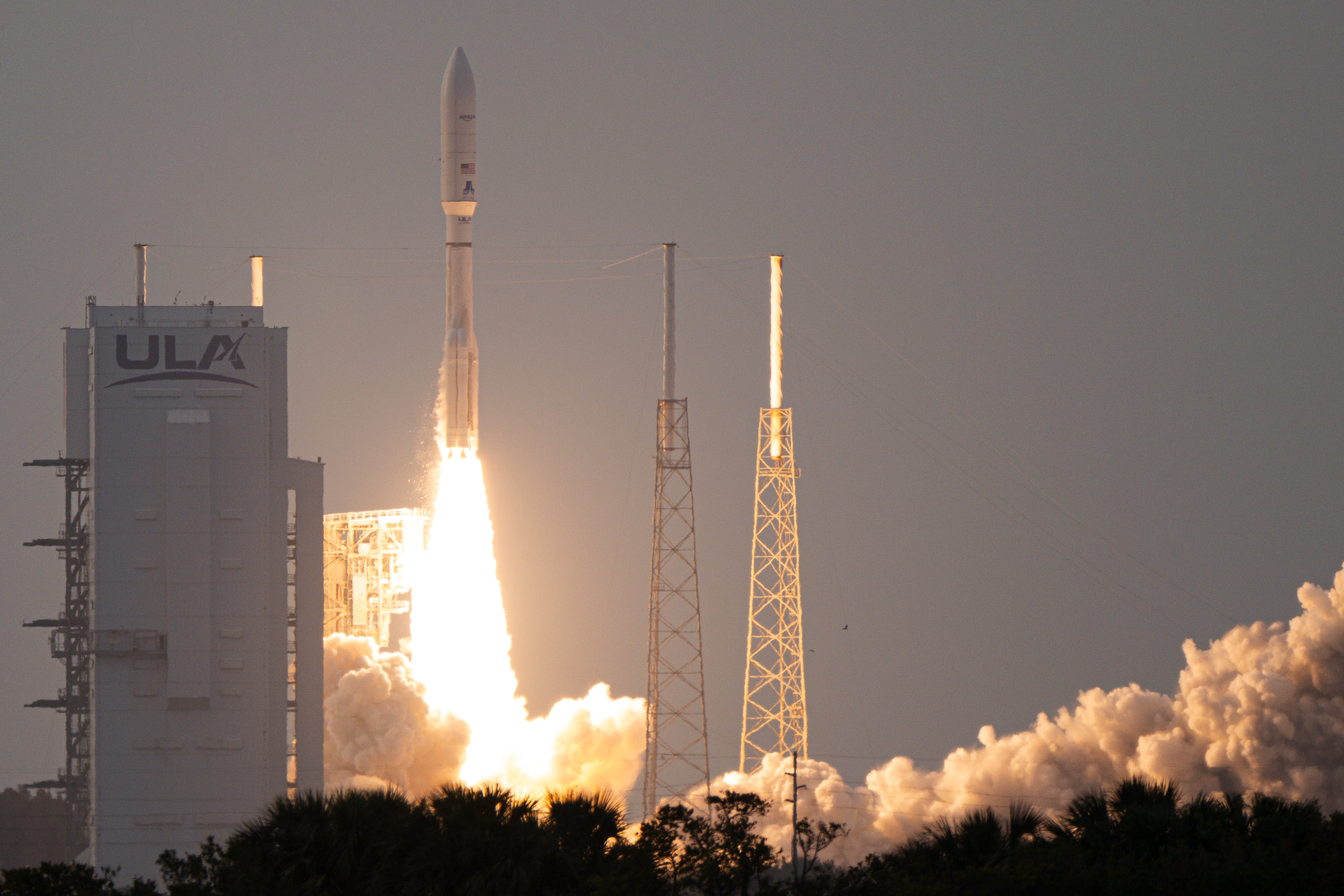One scene from the iconic 1975 movie "Jaws" can really be applied to how the Army is trying to adapt to a rapidly changing world.
After a series of shark attacks, three men set out to hunt and destroy the shark. Upon seeing the great white for the first time, local sheriff Martin Brody turns to the ship’s skipper and in shock utters the famous words: "We’re going to need a bigger boat."
They aren’t the only ones.
"Notice what he said, it’s very powerful," said Maj. Gen. Neil Thurgood, deputy for acquisition and systems management under the assistant secretary for the Army for acquisition, logistics and technology. "He said, ‘we’re going to need a bigger boat.’ If you’re out in the middle of the ocean and you see a big fish like that, there’s lots of things you could say, like we’re not in control, we can’t do this, this fish may eat us up. But he didn’t’ say any of those things. He simply recognized that out of all the people in the world, the three on that boat have to fix the problem."
Thurgood, speaking Aug. 17 at the Space and Missile Defense Symposium in Huntsville, Alabama, added that Brody didn’t try to abort the mission or change it – he just acknowledged that he needed a bigger vessel to perform the mission.
"So what does that mean materially?" Thurgood asked. "Literally, we’ve got to figure out a way to get a bigger boat with the combined resources we have."
Thurgood offered a few ways the Army is looking to adapt and change using combined resources of its own. The first is through the requirements generation process or executing Army Requirements Oversight Counsels, or AROC.
"The chief has put his fingerprint on it and said, ‘if I didn’t put thumbprint on this thing, it doesn’t exist,’" he said. "So the Army is learning as a staff to give back to the chief how…he assimilates information correctly so we can get his approval through the AROC process we do every week."
Acknowledging that the force is too slow at times, Thurgood said the Army is baking understanding, via "knowledge points," into programs of record as a means of moving faster.
"Knowledge points are simply points in time where we have a discrete event based on a piece of information we want to decide where we can accelerate the program," he said. "You’re going to have discrete events in your program, not on PowerPoint, that demonstrate materially that you’re ready to go faster…if we want to get a bigger boat, faster, that’s how you do it."
This allows the force to move forward on time, he said, noting either the force is on track or ahead of where they thought they were, and in which case, they can ask for more money, he added.
For example, with the new lower-tier missile defense sensor, the next sensor that will be associated with air defense missiles, Thurgood explained that within an 18 month period, the first knowledge point will be demonstration. It’s the same with long-range precision fires. If they test well, the programs can be accelerated.
Thurgood noted the force is also looking to accelerate prototyping.
"When we try to build this bigger boat and do it fast, it doesn’t mean we want to do it poorly, it doesn’t mean we want to do it uniformed; it means we want to do it risk-informed as fast as we can," he said.
Mark Pomerleau is a reporter for C4ISRNET, covering information warfare and cyberspace.
